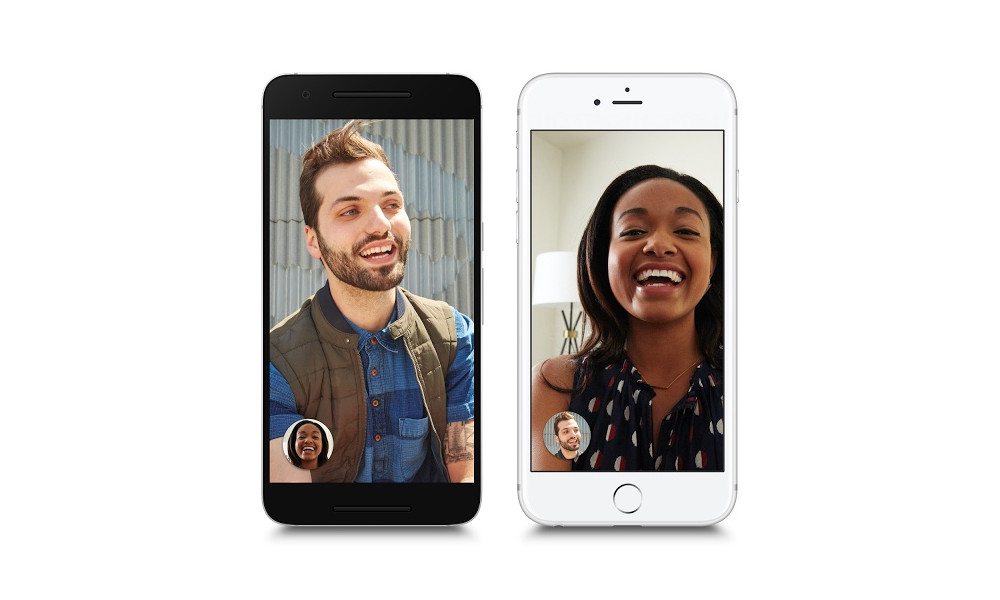Google Just Released a FaceTime Killer; Can Apple Adapt?

Toggle Dark Mode
Google just released its response to video calling services Tuesday, and it might just be a FaceTime killer.
The tech giant first announced its free video-calling app, dubbed Duo, back in May. While originally pegged as a Google Play download, Duo will be available both on Android and iOS in the next couple of days as it rolls out, the company announced.
The team behind the app designed it as a mobile-only, extremely fast, and stunningly simple response to the likes of Apple’s FaceTime, Microsoft’s Skype, and Facebook’s Messenger.
Duo’s calling experience is designed to be as streamlined and simple as possible. Because of that, it’s phone-number based — and doesn’t require creating a new account, or linking it to an existing Google account.
In fact, Duo doesn’t require you to use your Google account at all. Its simplicity is continued in the fact that when you open the app, there’s only one option: video call.
Among other innovative features is “Knock, knock,” which gives the user a glimpse of the caller — hopefully helping the recipient decide whether to answer the Duo call or not, the LA Times reported.
But Knock Knock can also be disabled if you’re worried about inappropriate calls coming in.
This all boils down to one thing: Duo might just be a serious threat to Apple’s FaceTime.
Google’s strategy for competing with Apple has long been to release user-friendly and flexible mobile apps. For example, most Google apps are available on Apple, Microsoft and Android phones, while Apple apps are typically exclusive to iOS or macOS.
And it seems that Duo is no different.
Using FaceTime means that you can only call friends and family who own Apple devices. Google’s Duo changes that by allowing you call anyone who has the app, regardless of whether they are an Android or iOS user.
“You shouldn’t have to worry about whether your call will connect, or if your friend is using the same type of device you are,” Google said in a statement that seems like a thinly veiled jab at Apple’s app exclusivity.
Google also added that nearly half of U.S. adults never make video calls on their mobile devices.
This brings up an interesting point about Apple’s exclusive apps. Apple’s sales are down, and more people across the world seem to be using Android devices. And sure, FaceTime is a fine and intuitive app when you want to make calls to an iOS user. But, if you need to video chat a friend with an Android device, FaceTime is essentially useless.
If apps like FaceTime continue to be Apple-exclusive, it may mean that they will lose popularity and market share when going up against flexible and multi-operating system apps.
If Apple wants its apps to survive in an increasingly device-agnostic marketplace, maybe it should consider creating versions of its apps that work on Android or Microsoft phones.
It’s hard to predict exactly how Apple’s and Google’s app war will play out — especially when Apple’s App Store is still a leader in the app market. But it’s not too much of a stretch to say that flexibility will be the name of the game in the future.
Apple doesn’t seem worried about this, according to statements made by CEO Tim Cook. But perhaps they should be.






